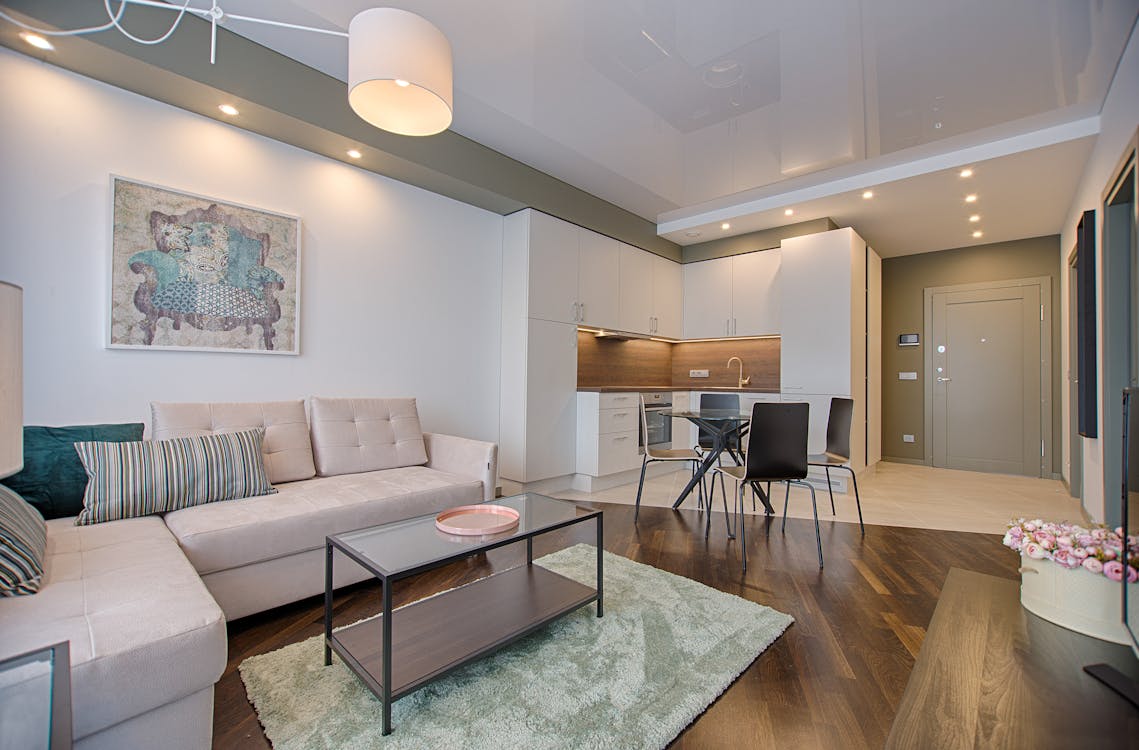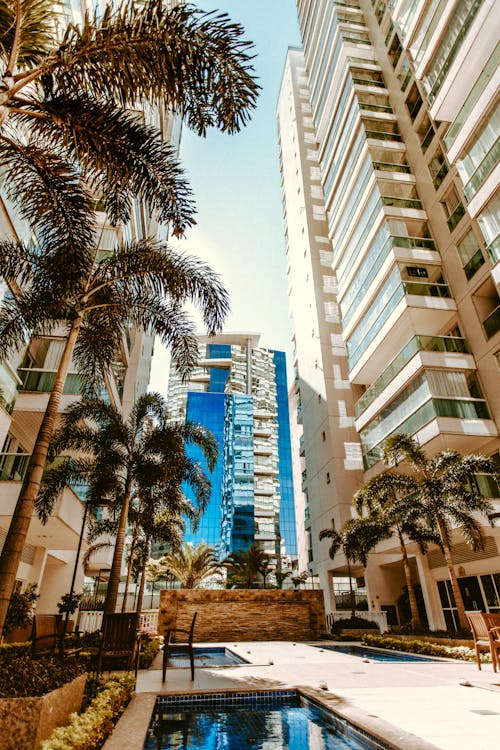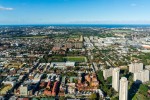Key Factors to Consider When Choosing Your Ideal Home in the Urban
Urban living offers an exciting mix of opportunities and challenges. Whether you're relocating for work, pursuing studies, or seeking a new and vibrant lifestyle, finding the right rental home in a bustling city can feel overwhelming. To make a smoother journey, we made a guide to walk you through the essential factors to consider when selecting a rental home in an urban area.
1. Location: Convenience Is Key
In a fast-paced urban setting, location is often the most critical factor. Consider the following:
-
Proximity to Work or School: Reduce your daily commute by choosing a home near your workplace or school.
-
Public Transportation: Ensure the area is well-connected by buses, trains, or subways for hassle-free travel.
-
Neighborhood Vibe: Visit potential neighborhoods at different times of the day to assess safety, noise levels, and overall atmosphere.
Pro Tip: Urban living often means sacrificing some space for proximity. Be realistic about your priorities.

2. Affordability: Balancing Budget and Comfort
Cities are notorious for high rental costs. To avoid financial stress:
-
Set a Budget: Allocate no more than 30% of your monthly income to rent.
-
Factor in Additional Costs: Account for utilities, maintenance fees, parking, and amenities.
-
Compare Prices: Research similar properties in the area to ensure you’re getting value for money.
Quick Insight: Many landlords require a security deposit. Be prepared for upfront expenses.

3. Space and Layout: Size Matters
Urban apartments are often compact. Evaluate your space needs:
Essentials: Identify must-haves like the number of bedrooms, storage, and workspace.
Layout Efficiency: An open-plan design can make small spaces feel larger and more functional.
Future Needs: Plan for any changes, such as a growing family or remote work requirements.
Idea: Tour the property in person or request a video walkthrough to understand the space better.

4. Amenities: Must-Haves vs. Nice-to-Haves
Urban rentals often come with shared amenities. Decide what’s essential:
Building Features: Look for elevators, security systems, and laundry facilities.
Recreational Spaces: Pools, gyms, and rooftop areas can enhance your lifestyle.
Local Amenities: Proximity to grocery stores, parks, and entertainment is a bonus.
Consideration: Luxurious amenities might increase rental costs, so choose wisely.

5. Safety and Security: Peace of Mind
Your safety should never be compromised. Investigate:
Crime Rates: Research the area’s safety statistics online or consult local authorities.
Building Security: Check for CCTV cameras, secure entry points, and on-site staff.
Disaster Preparedness: Ensure the building meets safety codes for earthquakes, fires, or floods.
Note: Trust your instincts—if something feels off, explore other options.
6. Landlord and Lease Agreements: Transparency Is Crucial
A clear understanding with your landlord is vital. Review:
Lease Terms: Clarify the rental period, renewal options, and penalties for breaking the lease.
Maintenance Responsibilities: Determine who handles repairs and upkeep.
Landlord Reputation: Read reviews or speak to current tenants for insights.
Tip: Always get agreements in writing and keep copies for reference.
7. Connectivity: Stay Connected
Reliable internet and network coverage are non-negotiable:
Internet Speed: Ensure the building supports high-speed connections for work or streaming.
Mobile Signal: Test your phone’s reception within the property.
Tech Integration: Smart home features can enhance convenience and security.
Fact: Some urban rentals include internet in the rent, so inquire beforehand.

8. Pet-Friendliness: Include Your Furry Friends
If you have pets, ensure the property accommodates them:
Pet Policies: Check for restrictions on pet size, breed, or number.
Nearby Parks: Look for green spaces for walks and playtime.
Additional Costs: Be aware of pet deposits or monthly pet fees.
Reminder: Transparency about pets upfront can save you from penalties later.
9. Inspect Thoroughly: Eyes Wide Open
Before signing any agreements, inspect the property for:
Structural Issues: Check for leaks, cracks, or faulty fixtures.
Appliances: Test the stove, refrigerator, and other included appliances.
Pest Control: Look for signs of infestation and ask about past issues.
Action Step: Document any damages and share them with the landlord to avoid future disputes.
10. Future Development: Look Ahead
Urban areas are constantly evolving. Research:
Construction Projects: Ongoing work nearby could lead to noise and disruption.
Infrastructure Plans: Upcoming developments might increase property value and convenience.
Long-Term Viability: Choose a neighborhood with a stable or improving reputation.
Thought: A well-informed decision now can save you headaches later.

Finding the perfect rental home in an urban area requires careful consideration of multiple factors. By prioritizing location, budget, and personal needs, you can confidently navigate the rental market and secure a space that feels like home. Take your time, ask questions, and trust your instincts to make the best choice for your lifestyle.




